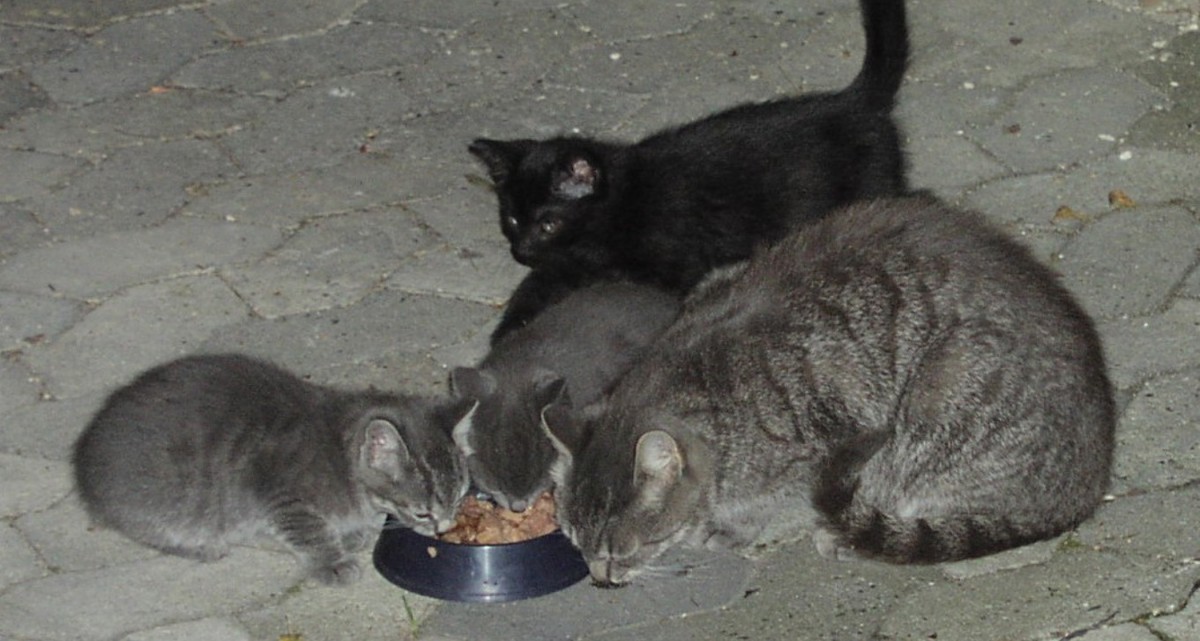
Helping cats in large feline populations

In their daily work, Kattens Værn and Dyreværnet regularly encounter large groups of cats — sometimes numbering 15 to 100 cats in a single location. When so many cats are kept within a limited space, their welfare can easily be compromised, as their physiological and behavioural needs are not always met. This can result in stress, the spread of feline diseases and uncontrolled breeding. An unspayed female cat can, on average, give birth to four to six kittens per litter and up to four litters a year.
Collaboration across organizations
It is crucial that these cats are offered help, and both organisations work every day to tackle these large and complex cases. However, they often face challenges, as this work is both time-consuming and costly. Kattens Værn and Dyreværnet have therefore joined forces – with support from the QATO Foundation – in a project aimed at helping cats in large populations. The collaboration allows the two organisations to handle these large cases more efficiently by combining their expertise and resources.
For example, Kattens Værn specialises in capturing unsocialised cats, while Dyreværnet operates mobile veterinary clinics that can travel directly to where help is needed, thereby sparing the cats from a stressful trip to a veterinary clinic.

Both organisations are excited about the new partnership.
"Every week, we encounter large cat populations in private homes, where the owners have lost control and can no longer manage the situation. When there are more than ten cats in one home, we typically see many more diseases and clear signs of stress among the cats. In such situations, we treat them for illnesses and neuter them, so that the cat population doesn’t spiral out of control again. We usually agree with the owner that four to five cats can stay in the home, and we find new homes for the rest,” says Henrik Knaack, CEO of Dyreværnet.
Therese Wilbert, CEO of Kattens Værn, says:
“This collaboration essentially means that cases involving many cats, which might have been rejected in the past due to the workload involved, can now be addressed much more often. We have previously seen that many municipalities reject these cases for financial reasons, but now we’re better equipped to help the cats — and that is fantastic.”
The project will run through 2025, after which the collaboration will be evaluated.
About Kattens Værn and Dyreværnet
Since 1933, the animal welfare organisation Kattens Værn has been working to trap stray cats and neuter, mark and register them, with a view to rehoming them or releasing them back into the wild with a designated caregiver. Kattens Værn operates four shelters in Denmark, each with its own veterinary clinic, where they help approximately 6,500 cats annually. Dyreværnet has been working since 1898 to rescue stray and homeless animals from abuse and euthanasia, ensuring that all pets in Denmark have a good home. Dyreværnet runs two shelters and three veterinary clinics, helping around 6,500 animals each year.



